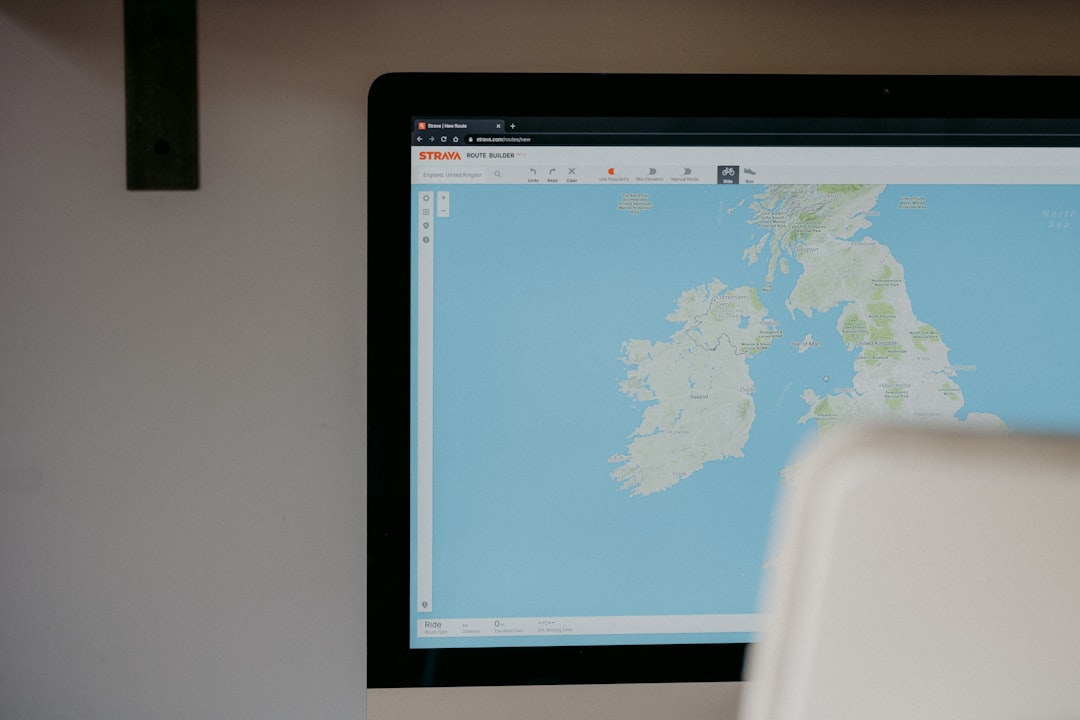In an age where digital privacy is becoming an increasing concern for users across the globe, DuckDuckGo has emerged as a popular alternative to mainstream search engines. Known primarily for its commitment to not tracking user data, DuckDuckGo has gradually expanded the range of its services in order to compete with larger platforms. A frequent question that arises is: Does DuckDuckGo have a maps feature? The short answer is yes, but the full answer involves understanding how the feature works, its limitations, and how it aligns with DuckDuckGo’s privacy-first ethos.
Overview of DuckDuckGo’s Maps Feature
DuckDuckGo does indeed offer a maps capability, accessible directly through its search interface. This feature allows users to search for locations, view maps, and even get basic directions—all without compromising their privacy. This is in contrast with platforms like Google Maps, which often log and store user queries and location history.
The maps service is powered by third-party providers, primarily Apple Maps via Apple’s MapKit JS framework. DuckDuckGo integrates this framework into its engine to deliver a seamless and private map experience. When a user searches for terms like “coffee shop near me” or inputs a specific address, DuckDuckGo generates a map interface within the current browser window.

Key Features of DuckDuckGo Maps
- Privacy-Focused Location Search: Unlike other services, DuckDuckGo does not link the map searches to a user profile or history.
- Basic Directions: Users can get driving, walking, or biking directions by entering a starting point and destination.
- Integrated Search Results: When conducting a general search, relevant map results appear directly within the search page, eliminating the need for switching tabs or windows.
- No Personal Data Storage: The system makes contextual assumptions to provide location services but does not store or track user location history.
How It Works
When a user types a location-related query into DuckDuckGo, for example, “bookstores in Chicago,” the engine returns a map snippet within the results page displaying relevant locations. When clicked, this snippet expands into a larger map that mimics a traditional mapping application. However, unlike Google or Bing Maps, DuckDuckGo’s map interface operates under restricted permissions, meaning it doesn’t pull exact GPS data unless the user explicitly allows location access through their browser.
Additionally, the map interface supports dynamic zooming, panning, and basic business listings. While it doesn’t offer ultra-detailed street views or real-time traffic conditions, it provides sufficient information for basic navigational needs.

Comparison with Other Map Services
Given that DuckDuckGo’s primary competitor, Google, offers one of the most detailed and real-time mapping tools in existence, it’s natural to compare the two. Here are a few distinctions:
- Data Collection: Google collects rich behavioral data during map use, while DuckDuckGo collects none.
- Accuracy and Real-Time Updates: Google has the edge in traffic conditions, public transit schedules, and route optimization. DuckDuckGo is more limited in scope.
- Interface Complexity: DuckDuckGo favors simplicity, which can be advantageous for users seeking a straightforward experience.
Room for Growth
Despite many strengths, DuckDuckGo’s mapping feature still has room for enhancement. For instance, features like voice navigation, public transportation routes, and real-time updates are not currently available. However, this may very well be intentional—aligned with DuckDuckGo’s philosophy of not collecting persistent user data, these features would likely require identity tracking or continuous location monitoring, which runs counter to their mission.
The company has hinted at gradually expanding its features while continuing to prioritize privacy. This means that, over time, users could see subtle improvements in functionality, enhanced visual quality, and broader geographical support—all while keeping their personal data safeguarded.
Conclusion
In summary, DuckDuckGo does offer a maps feature, albeit with limited capabilities compared to major players such as Google Maps. However, for privacy-conscious users, this trade-off is often worth it. With basic location search, direction support, and third-party integration via Apple Maps, the feature meets the needs of most users without compromising on personal privacy.

As digital privacy becomes an increasingly important issue, the availability of services like DuckDuckGo Maps serves as a valuable alternative for users seeking functionality without compromising their data. For those who value simplicity, usability, and above all, privacy, DuckDuckGo’s maps feature is a welcome addition to the evolving landscape of private digital tools.



